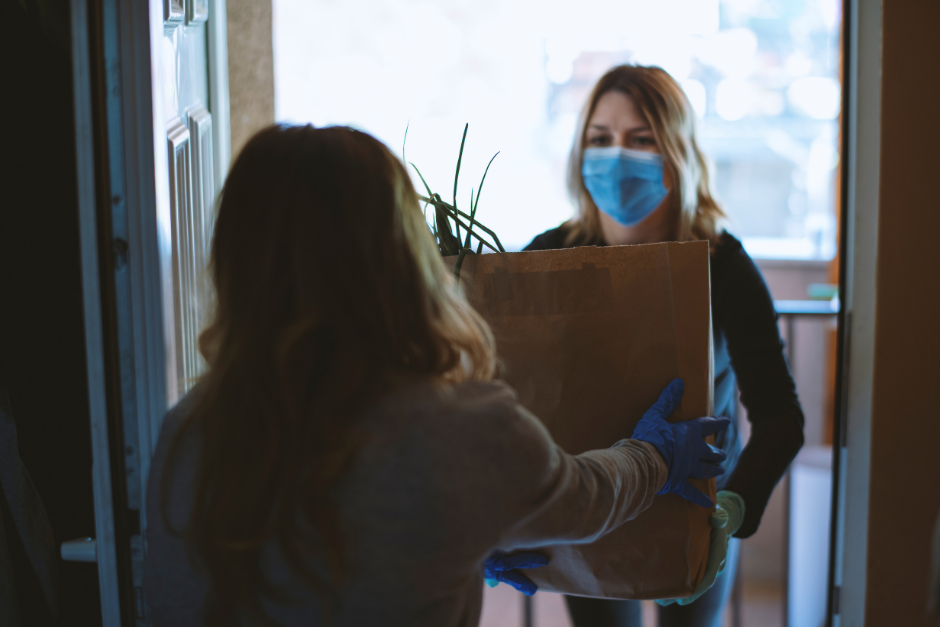In this season of giving as we approach the end of an incredibly difficult 2020, so many people are struggling with isolation and loss, economic uncertainty and even anxiety about where their next meal may be coming from or whether they will have a roof over their head during the holidays. For those of us who are able, reaching out a helping hand to someone in need may make a big difference in someone’s life this winter. Not only that, it also could have a significant impact on the health and wellbeing of the person who is being of service.
Research shows, committing acts of kindness and being of service increase and sustain happiness and improves health. Volunteering to reduce suffering and improve others’ lives has been found to increase physical health, life satisfaction, and sense of purpose and meaning. Acts of altruism — such as giving to friends and family — decreases stress and enhances mental health. Volunteering to help others after trauma and adversity increases self esteem, empowers, and improves overall health.
According to one study, adolescents who volunteer in their communities have higher future aspirations, better self-esteem, and increased motivation in school. College students told to perform five acts of kindness per day (for example, holding the door open for a stranger; smiling and saying hello) reported feeling significantly happier than a control group — and the positive feeling lasted for many days.
When we help others, we realize we can make a difference, and this increases confidence in our ability to create positive change. Performing acts of kindness bolsters self-regard, positive social interactions, and charitable feelings toward others and the community. Perhaps most importantly, altruism arises from feelings of empathy—caring about the needs and welfare of others. Empathy is basic to the human condition: the interconnectedness among us, the fact that we are social animals, and the prosocial morality that guides our actions.
So, as you get ready for the holidays, consider making time in your schedule to visit a friend or family members who lives alone (safely), volunteer in your community or donate to a cause you care about. You’ll feel better for it.


